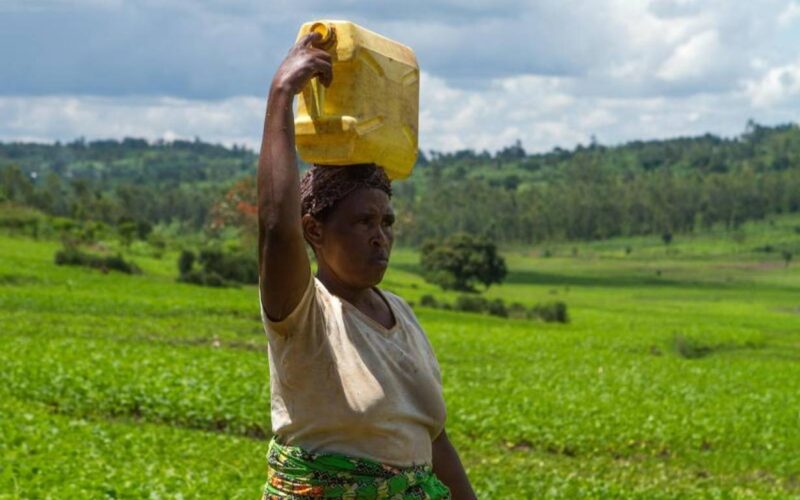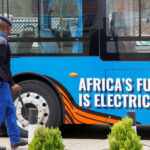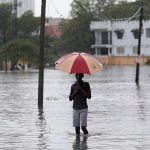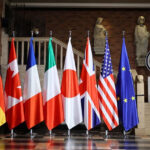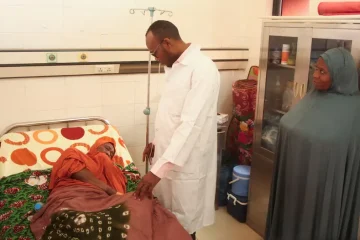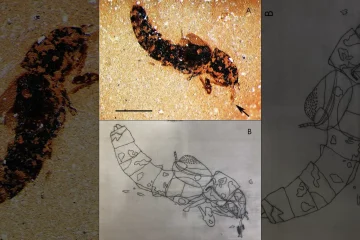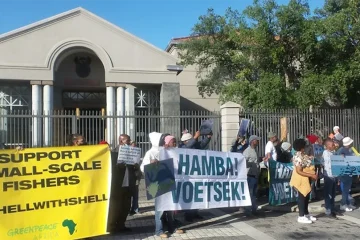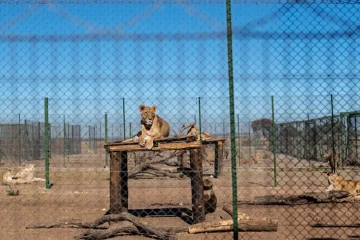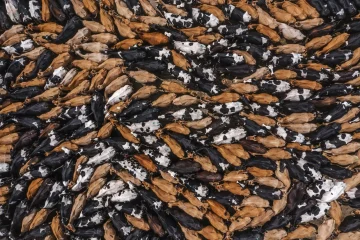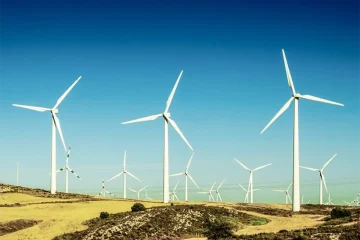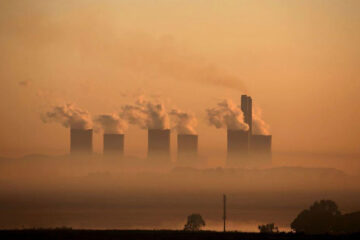MEGAN ROWLING
EAST African nation Rwanda was one of the first countries to submit a stronger climate action plan to the United Nations this year – and it hopes that can serve as a basis for a “better, green COVID recovery”, its environment minister said this week.
The plan itself, published in May, does not mention the coronavirus pandemic. But Jeanne d’Arc Mujawamariya said the country was betting the measures it contains to drive a lower-carbon economy – in areas from agriculture to energy – will also make it more resilient to both climate and health crises.
The problem, she said, is finance. The plan contains two scenarios – what Rwanda thinks it can achieve with its own spending, and a more ambitious vision that depends on it getting sufficient international funding.
Cutting the country’s emissions 38% by 2030 from a business-as-usual situation – and managing farming, water supplies and forests effectively as rainfall patterns shift – will cost Rwanda about $11 billion, the plan says.
About 60% of that money needs to come from international sources, it adds.
Rwanda has a “structural financial challenge” because its banking sector is small and lacks expertise to back green technology projects in renewable energy or water management, Mujawamariya told an online event on climate finance.
One way to fill the gap, she said, is through “blended finance” – such as subsidised cheap loans where donor money is used to reduce the risk of default, smoothing the way for commercial investors.
The need for combined public and private finance to get climate-smart projects going in developing countries is greater than ever, after about $100 billion fled emerging markets in the first two months of the coronavirus crisis, experts said.
Yannick Glemarec, executive director of the multi-billion-dollar Green Climate Fund (GCF), warned that developing nations could face “a major solvency crisis and years of austerity”, making it harder for them to recover from the pandemic.
“Developing countries which are already the most affected by climate change could end up also being the most affected by the humanitarian and economic tragedy ushered (in) by the COVID pandemic,” he told the discussion.
In it first five years, the GCF – set up to help vulnerable countries tackle climate change – has allocated $5.3 billion to 128 projects to cut 852 million tonnes of planet-warming emissions and boost the resilience of 351 million people.
In response to the pandemic, the fund now is providing grants to help developing countries plan a green recovery. It is also trying to minimise delays to the climate projects it funds.
Its officials want to speed up the development of new proposals and come up with funding models, including blended finance, that will make them a reality, Glemarec added.
The fund is working, for example, on a proposal to electrify more than 1,000 villages, which will improve their ability to provide healthcare round-the-clock, he noted.
The GCF is also considering contributing to a $100-million debt fund to keep off-grid power providers in business through the COVID-19 economic slowdown.
U.N. Deputy Secretary-General Amina Mohammed said the GCF and its 150 partners could play a major role in helping developing nations accelerate efforts to tackle climate change without increasing their debt.
As well as adapting to and mitigating “the catastrophic impacts of climate change”, countries given help could “revive and reinvent” pandemic-hit economies and gain other benefits like better health, food and water security, she added.
“Climate investments can deliver a triple win,” she said. – Thomas Reuters Foundation.

